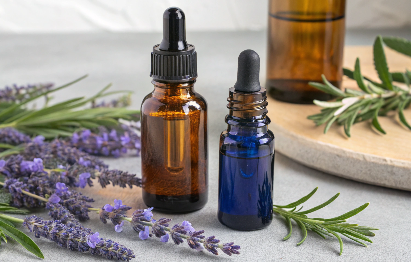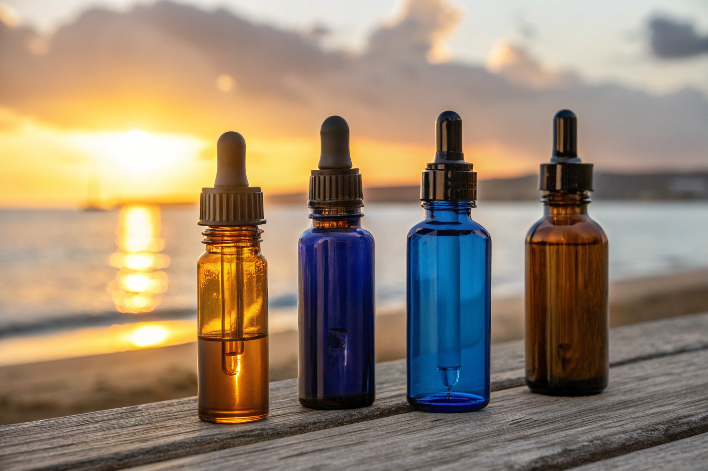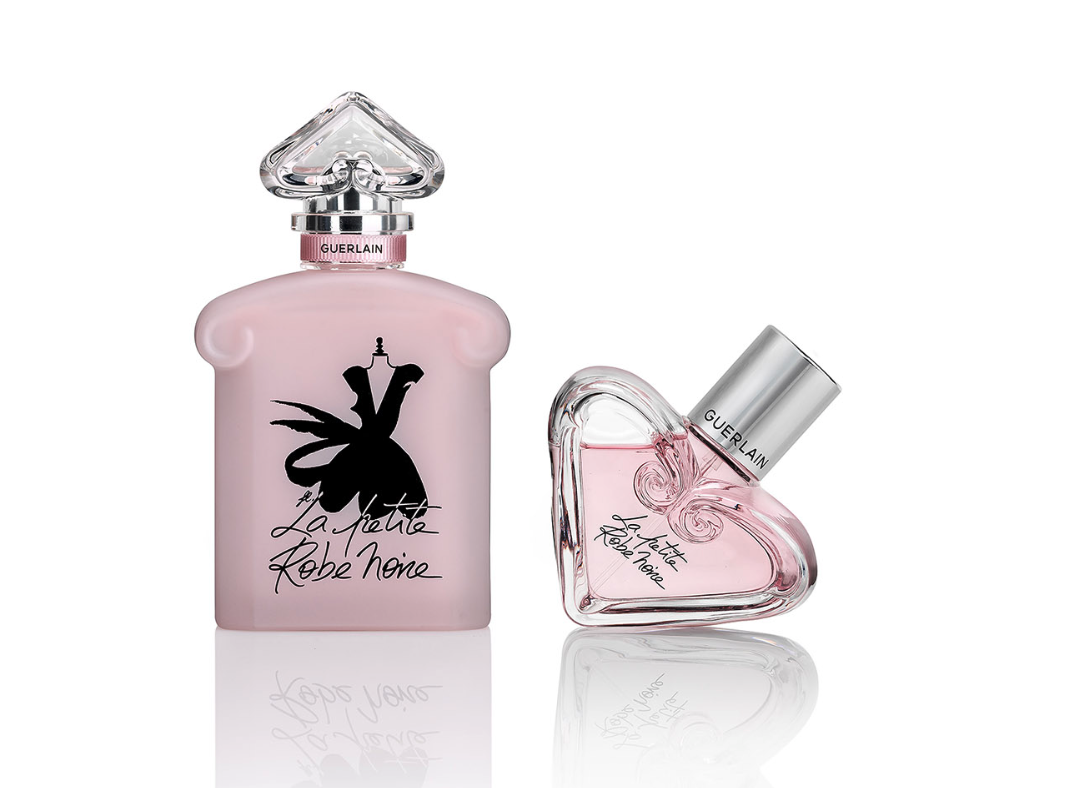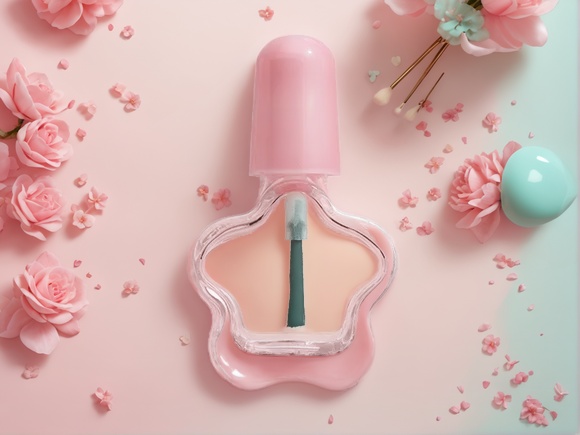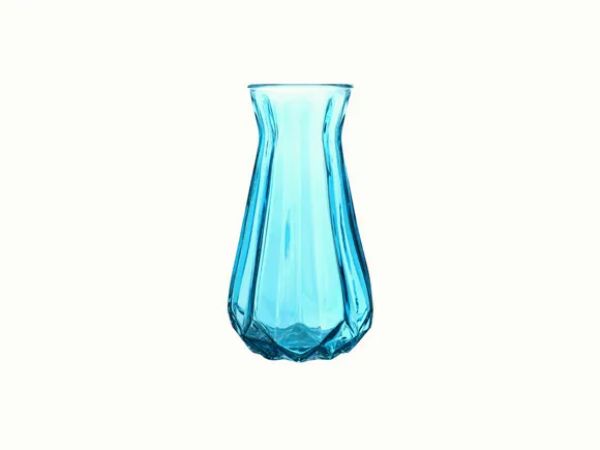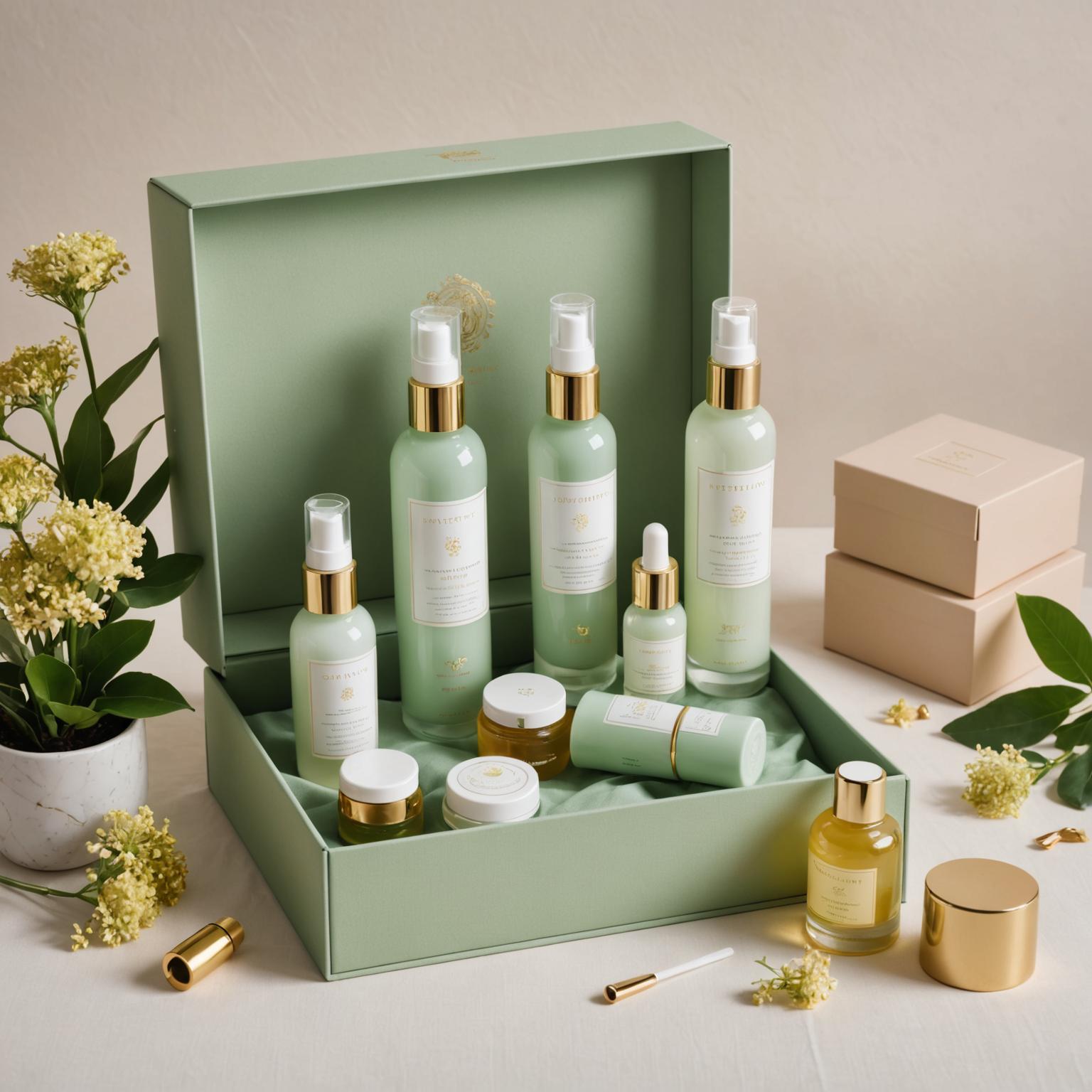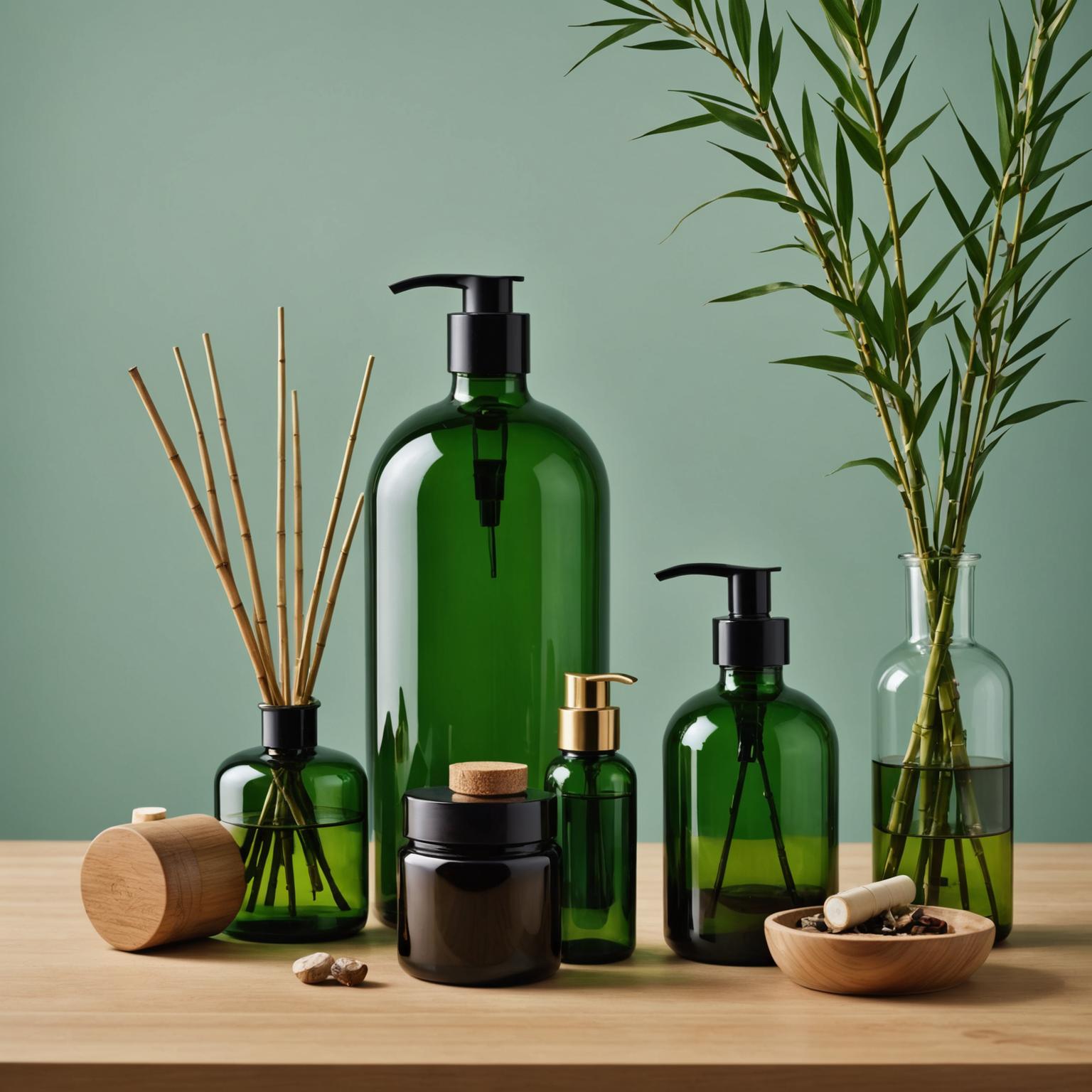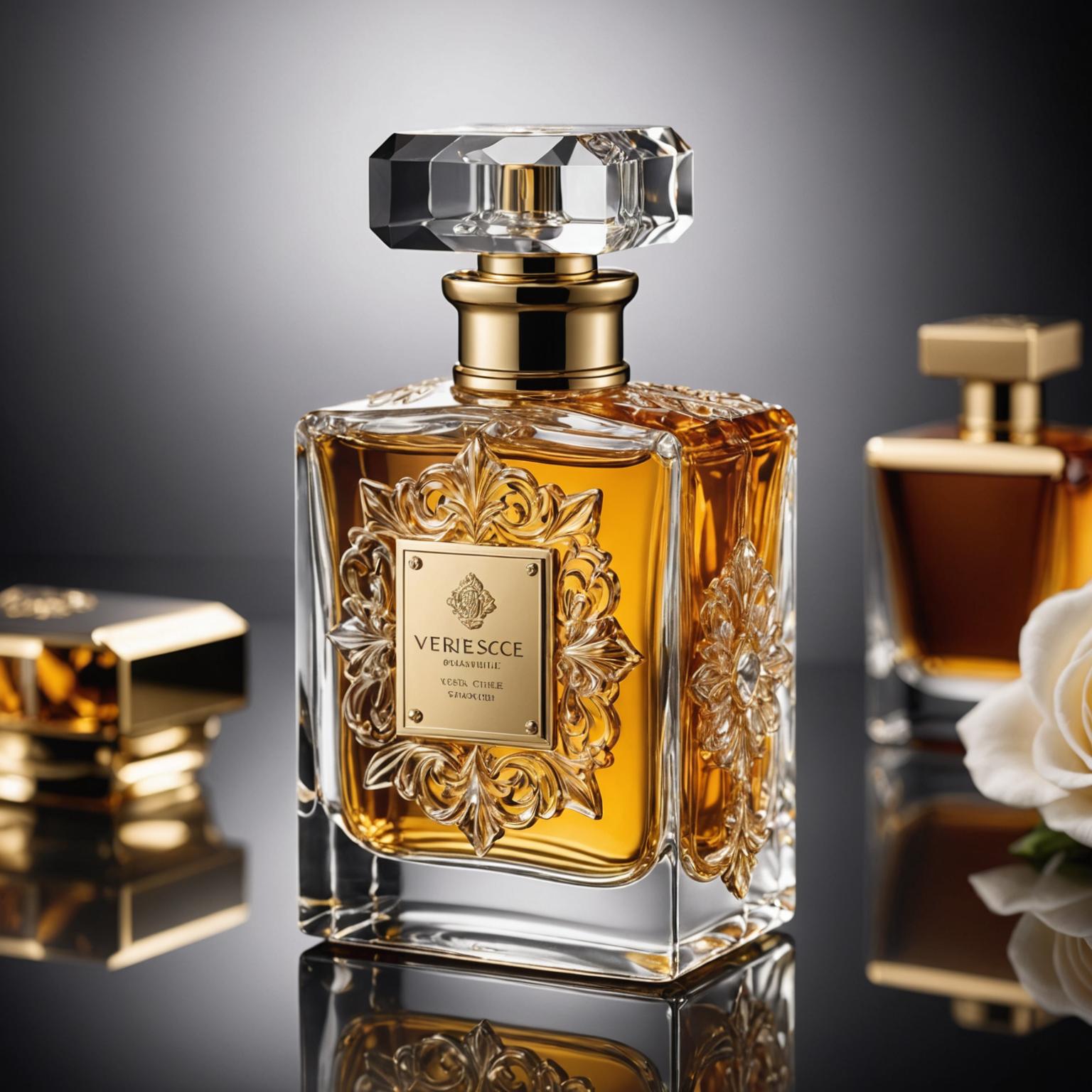If you’re building a beauty, wellness, or aromatherapy brand, packaging is more than a design decision—it’s chemistry, compliance, and customer trust. One of the most frequent questions I hear from founders is: Do essential oils really need dark glass bottles?
Yes, essential oils must be stored in dark glass bottles—like amber or cobalt blue—to protect their potency from UV light, prevent chemical breakdown, and extend shelf life. Using dark glass bottles to store essential oils is crucial as it helps maintain their potency and ensures they remain effective for a longer period.
Without the right packaging, even the purest oil can lose its effectiveness before it reaches the customer. In this article, I’ll break down the science behind bottle color, industry best practices, and how your packaging choices can impact both performance and perception.
Introduction to Essential Oils
Essential oils, much like olive oil and other cooking oils, require meticulous storage to maintain their quality and extend their shelf life. These oils are highly sensitive to light and heat, which can cause them to degrade and lose their beneficial properties. For instance, extra virgin olive oil, often referred to as liquid gold, is particularly vulnerable to light and heat, which can lead to rancid oil if not stored properly.
To preserve the quality of essential oils, it’s crucial to use dark glass bottles or containers with a tight-fitting lid. These containers protect the oils from harmful UV rays and oxygen, which can cause oxidation and spoilage. When you buy olive oil or other essential oils, always check the shelf life and storage instructions to ensure you’re keeping the oils in optimal conditions. Proper storage not only maintains the oil’s quality but also ensures you get the most out of its therapeutic and culinary benefits.
Why use dark bottles for essential oils?
New entrepreneurs often ask why essential oils come in brown or blue bottles. Isn’t clear glass more aesthetic? Or plastic more affordable?
Dark glass bottles protect essential oils from ultraviolet (UV) and visible light, which can degrade volatile compounds and reduce therapeutic value. Using the original bottle designed by top producers helps protect essential oils from harmful elements like light, heat, and air, ensuring the preservation of their quality and beneficial compounds.
Why Light Exposure Is a Problem
Essential oils are made of volatile organic compounds (VOCs)—extremely sensitive molecules that react to:
-
Light (especially UV)
-
Heat
-
Oxygen
Maintaining a stable temperature is crucial for preserving the quality of essential oils, as fluctuations can accelerate degradation.
When exposed to light, these molecules oxidize and break down. That means:
-
The oil becomes less potent
-
Its aroma changes
-
Its shelf life shortens
-
It may cause skin irritation due to new chemical byproducts
How Dark Glass Works
Amber and cobalt glass act as filters, blocking or absorbing harmful rays:
|
Glass Color |
UV Protection Level |
Description |
|---|---|---|
|
Amber |
★★★★★ |
Blocks ~90% of UVB and UVA light |
|
Cobalt Blue |
★★★★☆ |
Less UV protection than amber, but still effective |
|
Green |
★★☆☆☆ |
Moderate protection, mostly aesthetic |
|
Clear |
☆☆☆☆☆ |
No UV protection; only decorative or temporary use |
Using an airtight container is essential to prevent oxidation and maintain the quality of essential oils.
At PauPack, we only recommend clear glass for test kits or display units, not for long-term essential oil storage.
Importance of Proper Storage
Proper storage is essential for maintaining the quality and shelf life of essential oils, including olive oil and other everyday cooking oils. Exposure to heat, light, and oxygen can cause these oils to degrade, affecting their flavor, nutritional value, and overall quality. For example, storing olive oil in a clear glass bottle or near a heat source can cause it to become rancid, losing its rich flavor and health benefits.
To keep your oils fresh and potent, it’s best to store them in dark glass bottles or in a cool, dark place. Using an olive oil dispenser or a pour spout can also help minimize exposure to air and light, further preserving the oil’s quality. By taking these steps, you can ensure that your oils remain flavorful and nutritious for a longer period, enhancing your cooking and wellness routines.
Characteristics of Storage Containers
When it comes to storing essential oils, the characteristics of the storage container are crucial. Dark glass bottles or containers with a tight-fitting lid are ideal, as they protect the oil from UV rays and oxygen. These containers help prevent oxidation and maintain the oil’s therapeutic and aromatic properties.
Stainless steel or ceramic containers can also be used, provided they are airtight and non-reactive with the oil. For instance, a dark glass bottle with a pouring spout or a stainless steel container with a sealed lid can be excellent options for storing olive oil or other essential oils. The container should also be easy to clean and maintain to prevent the growth of bacteria or mold, ensuring the oil remains pure and safe for use.
Can essential oils be stored in clear glass?
We get this question a lot, especially from brands that want transparent packaging to showcase color or consistency.
Essential oils should not be stored in clear glass unless they are for very short-term use or secondary packaging inside a light-blocking container. Just like an olive oil bottle, which needs to protect the oil from heat and light to prevent rancidity, essential oils also require proper containers to maintain their quality.
The Problem with Clear Bottles
Clear glass allows 100% of UV rays and most visible light to pass through. This leads to:
-
Rapid oxidation
-
Scent distortion
-
Reduced shelf life
-
Loss of therapeutic benefits
Using smaller bottles can help maintain the freshness and potency of essential oils by reducing exposure to light and air.
Clear glass is sometimes used for:
-
Sample vials inside boxes
-
Multi-layer kits where light exposure is blocked
-
Temporary storage in a lab or test setting
But even then, it’s risky if the oil sits exposed for more than a few hours.
When It Might Work
If you’re absolutely committed to using clear bottles, protect the oil by:
-
Wrapping the bottle in a light-blocking sleeve
-
Storing in opaque boxes or drawers
-
Using frosted glass as a compromise
Additionally, storing oils in a dark cabinet can help protect them from light exposure and maintain their quality.
At PauPack, we help brands use inner amber glass bottles with outer PET or metal packaging, achieving visibility and protection.
What color bottle is best for essential oils?
Not all dark bottles are created equal. The ideal color depends on your oil type, use case, and brand image.
Amber glass is the gold standard for essential oils due to its superior UV protection, followed by cobalt blue for aesthetic and spa-oriented packaging.
Comparing Bottle Colors
|
Color |
UV Protection |
Aesthetic Use |
Best For |
|---|---|---|---|
|
Amber |
★★★★★ |
Classic, clinical |
All types of essential oils |
|
Cobalt Blue |
★★★★☆ |
Premium, spa-like |
Beauty oils, roll-ons |
|
Green |
★★☆☆☆ |
Natural, earthy |
Aromatherapy blends (non-citrus) |
|
Frosted Clear |
★☆☆☆☆ |
High-end minimal |
Short-term use, inner packaging |
|
Clear |
☆☆☆☆☆ |
Transparent, clean look |
Display bottles, temporary use only |
Just like an olive oil container, which needs a tight lid seal and light-blocking properties to maintain oil quality, essential oils also require proper containers to preserve their potency and freshness.
Our Recommendation at PauPack
Clinical blends (eucalyptus, tea tree, lavender): amber dropper bottles
Spa brands: cobalt rollers or sprays
Gift kits: amber glass inside frosted or painted outer packaging
Sustainable lines: bamboo-capped amber bottles with eco branding
Controlled pouring is crucial in maintaining the quality of essential oils. Specific spout designs can facilitate a steady, drip-free stream, ensuring that the oils are dispensed efficiently and without waste. Models with separate air intake holes improve control during pouring and reduce the occurrence of uneven drips, ultimately enhancing user experience and efficiency in the kitchen.
We also offer full customization—including UV-blocking coatings for non-traditional bottle colors.
Why are essential oils often stored in dark glass bottles? Why is this important?
This isn’t just an industry trend or visual preference—it’s a functional, scientific necessity for product safety and quality.
Dark glass bottles are essential for preserving essential oils because they prevent photo-oxidation, preserve aroma, ensure therapeutic integrity, and extend shelf life.
Why It Matters for Brands
Here’s what can go wrong with improper packaging:
Improper storage can affect the taste of oils, making them less pleasant to use.
|
Issue |
Result |
|---|---|
|
Light exposure |
Breakdown of key active compounds |
|
Oxidation |
Stronger chance of skin reactions or spoilage |
|
Scent alteration |
Inconsistent customer experiences |
|
Regulatory risk |
Failure in safety or efficacy testing |
The Business Impact
-
Returns and refunds from degraded products
-
Brand damage from complaints or poor reviews
-
Lost efficacy in blends promoted as healing or therapeutic
-
Regulatory fines for sub-par storage (especially for exports)
Maintaining the quality of oils ensures that consumers get the 'good stuff' with all its beneficial properties.
How PauPack Helps
At PauPack, we specialize in glass packaging that balances protection with premium aesthetics. Our offerings include:
-
Amber euro dropper bottles with reducer caps
-
Cobalt glass rollers with stainless steel balls
-
Frosted and matte black finishes with UV coatings
-
Silk screen and hot-stamped logos that withstand oil exposure
-
Custom bamboo and aluminum caps for eco-luxury positioning
Improper storage can lead to a shorter shelf life for oils, making it crucial to use the right containers and storage conditions.
All our essential oil bottles are ISO-certified, FDA-compliant, and tested for light resistance and leak protection.
Alternative Storage Options
For those who prefer alternative storage options, there are several choices available. Squeeze bottles or plastic containers can be used, but it’s essential to ensure they are BPA-free and won’t react with the oil. However, it’s generally recommended to avoid plastic containers, as they can leach chemicals into the oil over time.
Glass bottles or containers with a dark tint remain the best option for storing essential oils, as they provide superior protection against light and oxygen. When storing oils near the stove, it’s crucial to choose a container with a secure and stable base to prevent it from tipping over. By selecting the right container, you can ensure your oils stay fresh and effective, ready to enhance your cooking and wellness practices.
By following these guidelines, you can ensure that your essential oils and cooking oils remain in top condition, providing you with the best possible benefits in your culinary and wellness endeavors.
BONUS: Are dark bottles enough?
Not quite. Protection from light is just one part of the equation. You also need to think about:
-
Cap compatibility: droppers, reducers, or pumps must seal tightly
-
Material resistance: only borosilicate or soda-lime glass should be used
-
Label durability: ensure labels resist oil smudging or humidity
-
Storage conditions: dark bottles + cool, dry storage = best results
While easy access is important, oils should not be stored near heat sources to prevent rapid degradation.
At PauPack, we advise clients to avoid placing essential oil stock near:
-
Windows or direct light
-
Heat sources like heaters or appliances
-
Humid rooms like bathrooms
We also provide storage guides and shelf-life calculators for our OEM clients launching new essential oil lines.
Conclusion
Dark glass bottles aren’t just the traditional choice—they’re the smartest and safest option for storing essential oils. The best bottles for storing essential oils are dark-colored glass or high-quality stainless steel with airtight closures. At PauPack, we combine science-backed packaging with branding flexibility to help your products shine while staying potent, safe, and shelf-stable.




